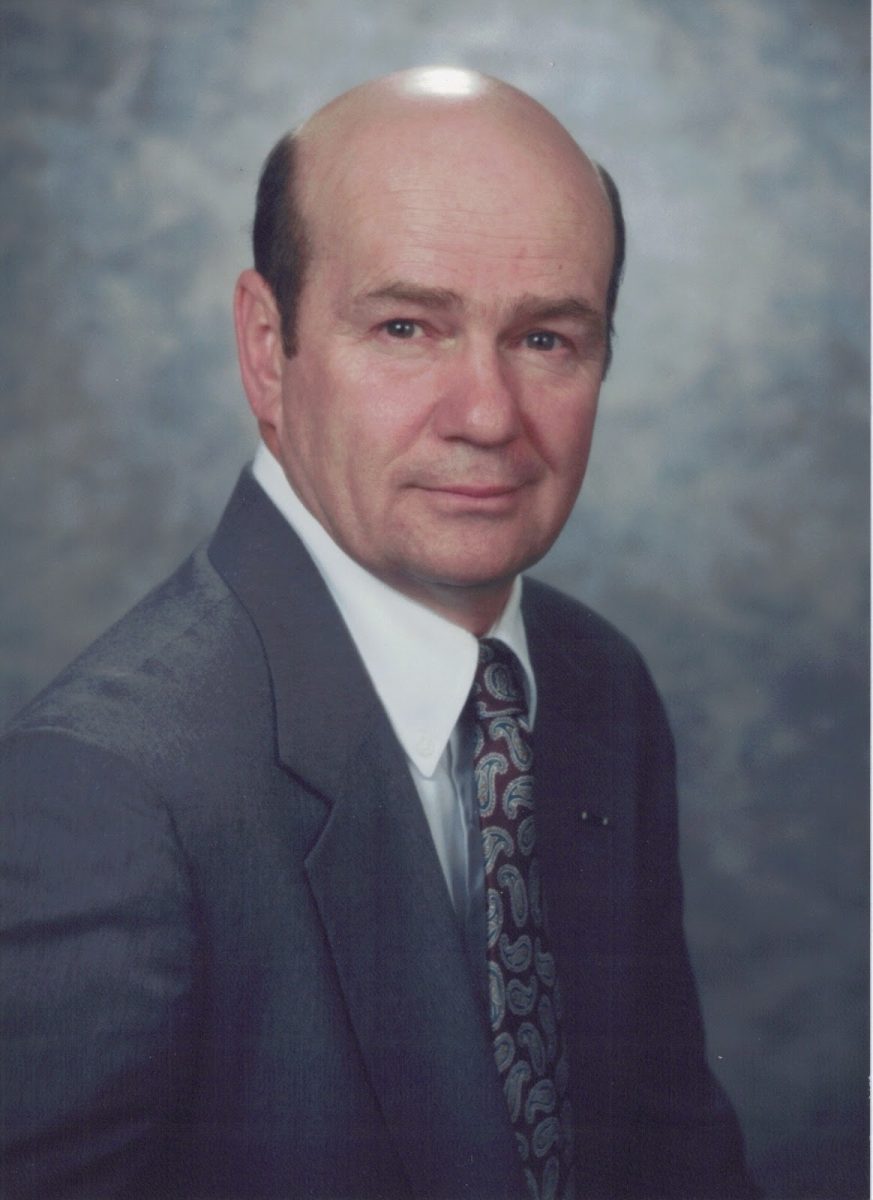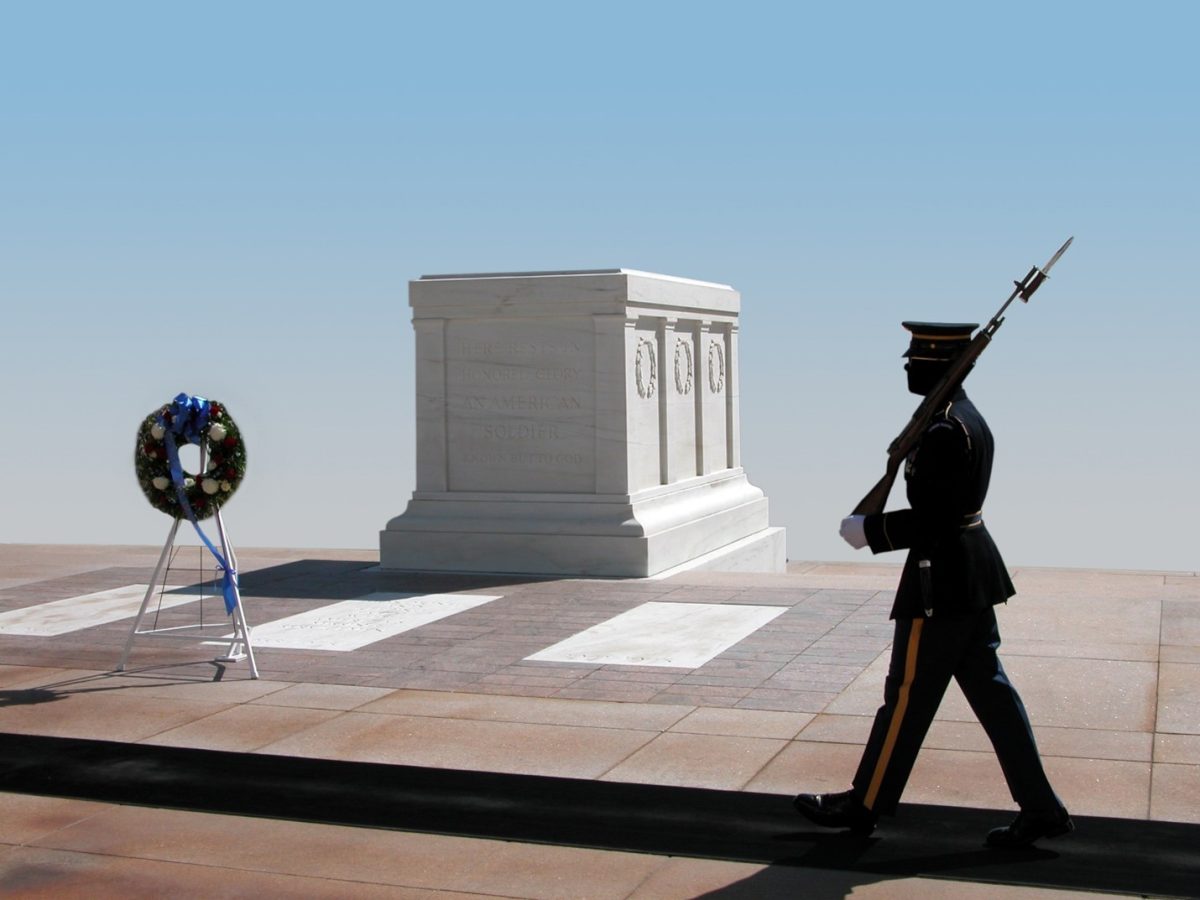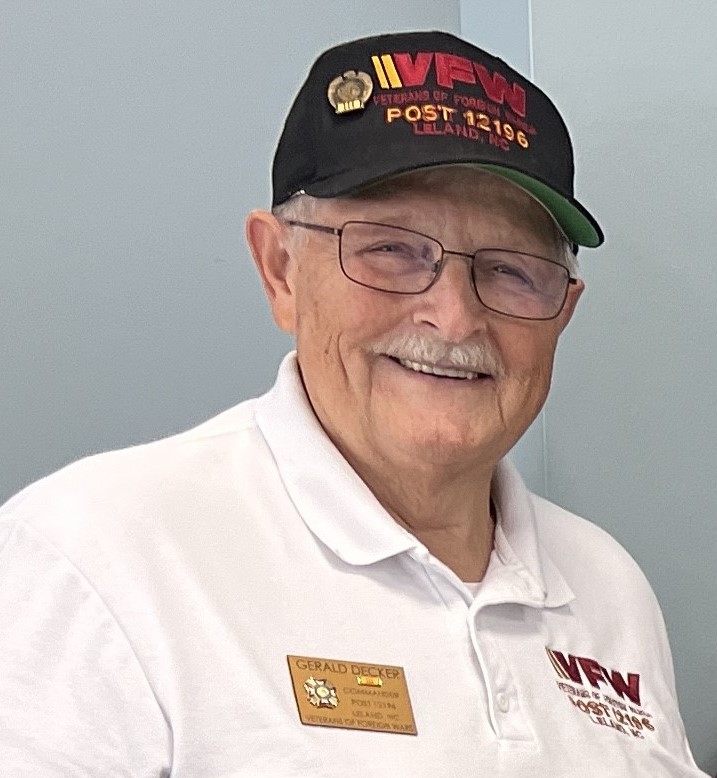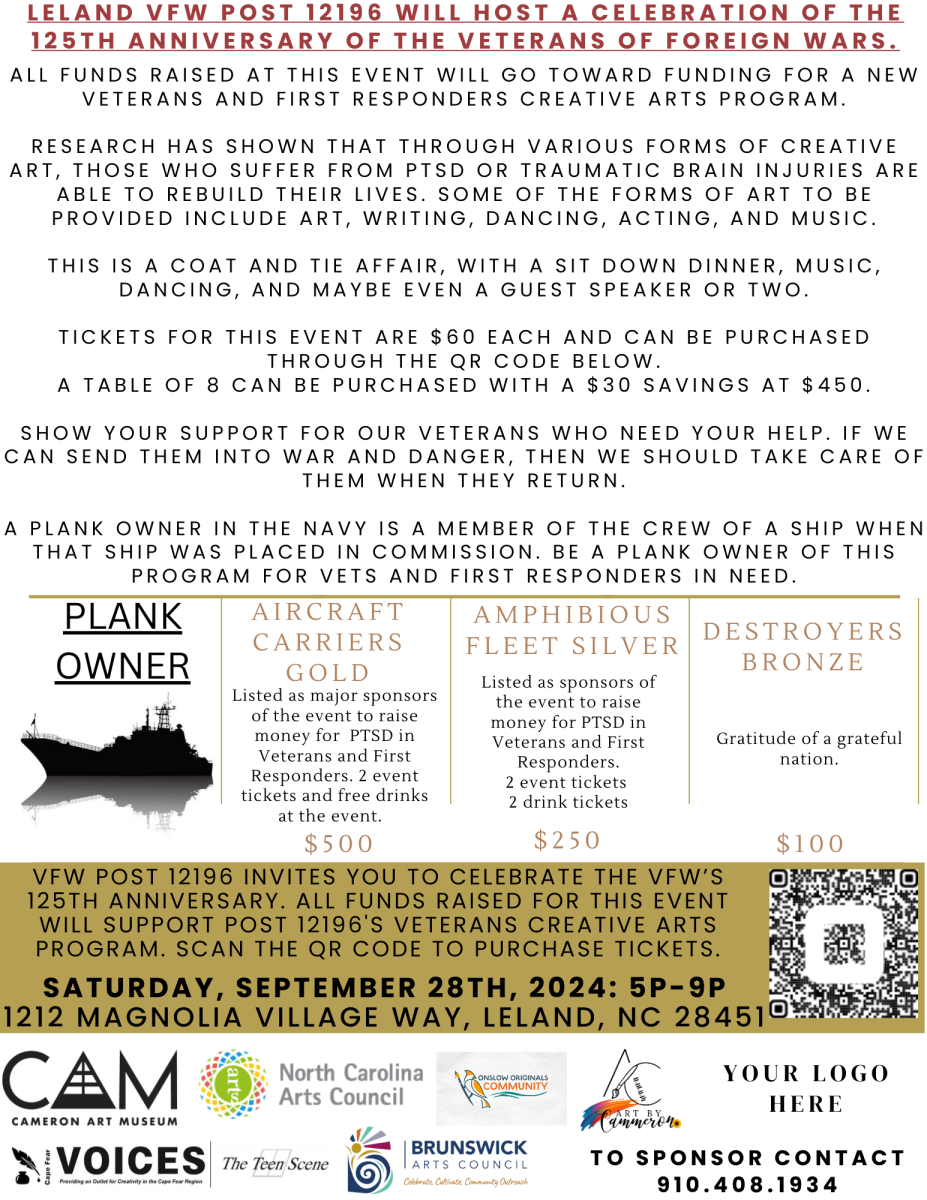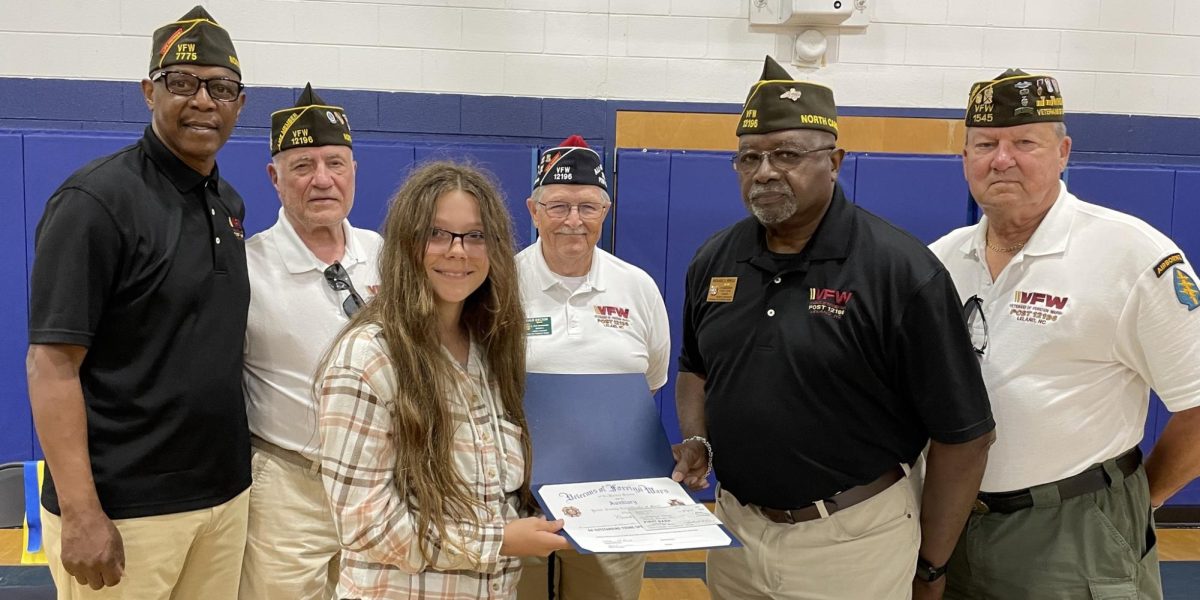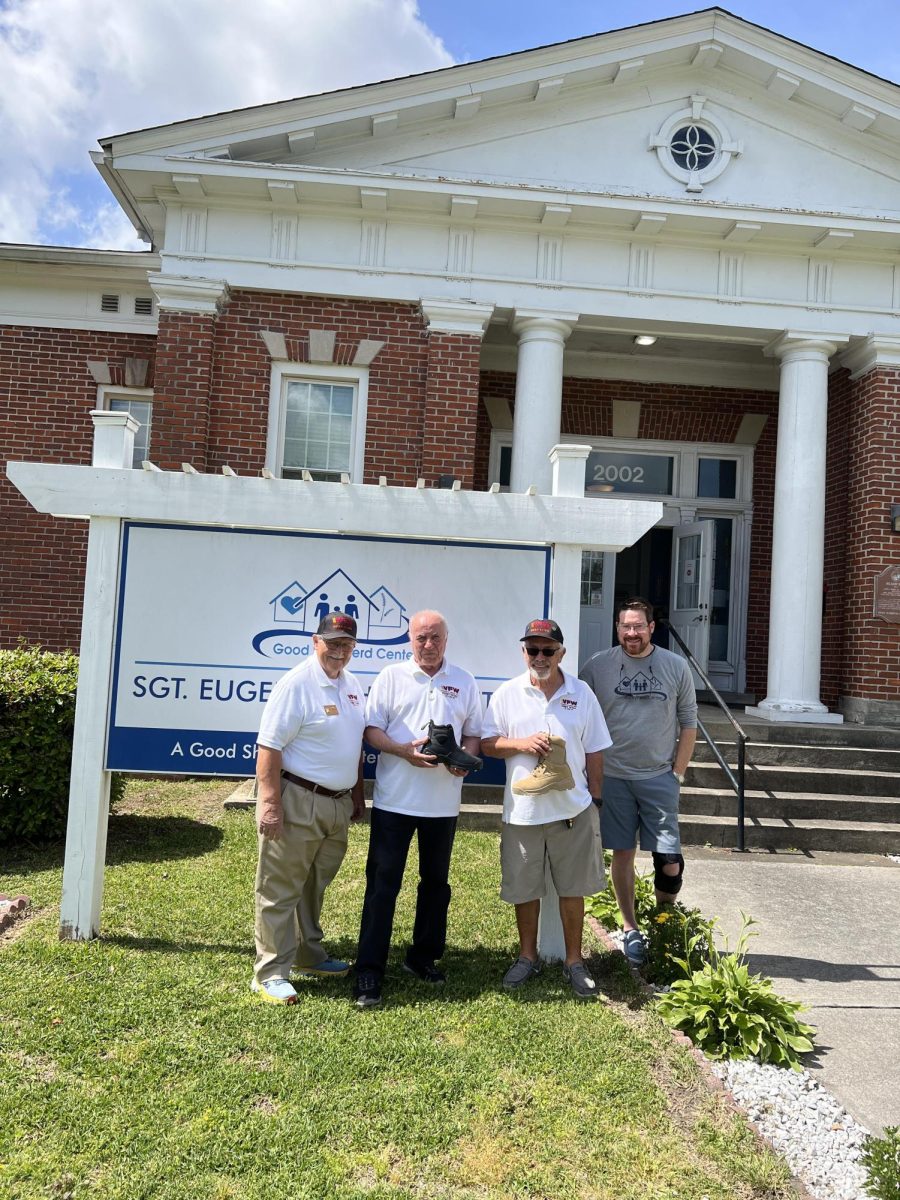
Mr. Frank Steele is a man of many trades. From enlisting in the Marines and serving in Vietnam and Camp Lejune to working for the FBI, Steele has almost seen it all.
When Mr. Steele joined the Marines, he was recently out of high school. He started as a Private (trainee) and after one Vietnam tour, he attended the Officer Candidate School (OCS) in Quantico, Virginia. He attended OCS not having a college degree, and he came up through the ranks. After graduating from OCS, he then returned to Vietnam. After seven years, Steele left the Marines and entered the Army Reserves, retiring as a major. While at the Pentagon as an Army Captain, he was in charge of the pistol team for the Assistant Secretary of the Army for Financial Affairs. This was a worldwide competition in which Steele’s team won first place.
While all of this is impressive, Steele did not stop there. He proceeded to major in Psychology at the University of North Carolina Wilmington, with his senior year paper being published in the Journal of Applied Psychology. While attending UNCW, Steele joined the Wilmington Police Force. After this, he joined the Raleigh Police Force and then the FBI, where he served in Charlotte, NC, New York City, and Washington, DC. While in the FBI, he worked on many assignments, including working with foreign police and intelligence agencies.
It is clear that Steele has always been dedicated to serving his country and community in whatever way he can. However, Steele expressed some frustration that our government is not equally dedicated to helping our soldiers during and after they serve in the military. According to Steele, “Our Government is quick to send men and women to war but those in Congress or their families rarely deploy. Yet when we return and need help due to PTSD or other medical issues, our Government is quick to drag its feet in helping us.” Steele says that while government assistance has improved since the Vietnam War, there is still much room for improvement.
Personally, Steele had a difficult time transitioning from military to civilian life. He says that going from a highly structured environment to a civilian life that was not so structured proved to be tough, and the lack of help from anyone or any institution made it worse.
Steele says that joining the military has shaped the person he is today. “I don’t quit or give up when given a task to accomplish. I will do whatever is needed to accomplish my mission. Integrity and honor are very important to me. My word is my bond,” says Steele.
Despite the many hardships he faced, Steele says he is proud of his service and would do it all over again. His advice for anyone thinking of joining the military is to think long and hard about it and remember that it is an honor to serve our country and to give back for the many blessings we have received in the United States.
(Editor’s note: Frank Steele is also a member of Leland Veterans of Foreign War Post 12196)

